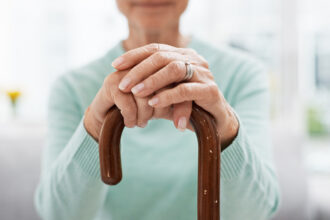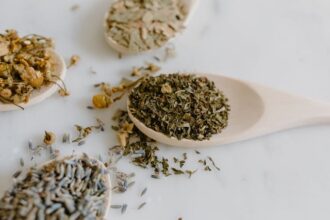A new animal study by researchers at CU Boulder has revealed significant differences in sleep patterns between males and females. The study, published in Scientific Reports, explores the potential biological underpinnings of these differences, challenging the long-standing focus on males in biomedical research.
The senior author and assistant professor of integrative physiology, Rachel Rowe, highlighted the common assumption that differences in sleep patterns between men and women are mainly due to lifestyle factors and caregiving roles. However, the study’s findings suggest that biological factors may be more influential than previously understood in shaping these differences.
The burgeoning field of sleep research has seen an influx of animal studies investigating the effects of sleep deprivation on disease risk, including diabetes, obesity, Alzheimer’s, and immune disorders, as well as the efficacy and side effects of new sleep medications. Historically, these studies have primarily utilised male mice, potentially skewing results due to the lack of female representation.
The study’s first author, Grant Mannino, noted that the commonly used “C57BL/6J” mouse strain exhibits sex-specific sleep behaviours. Ignoring these differences can lead to misinterpretations of data, with significant implications for the validity of biomedical research. In their non-invasive study, using cages equipped with ultra-sensitive movement sensors, they monitored the sleep patterns of 267 mice. Findings revealed that male mice slept approximately 670 minutes in 24 hours, about an hour more than their female counterparts, with the extra sleep consisting mainly of non-rapid Eye Movement (NREM) sleep, crucial for bodily repair.
The study also found that female mice had more fragmented sleep patterns. This characteristic has been observed in other species and has evolutionary advantages, possibly because females need to be more alert to care for their young. This sensitivity could be influenced by stress hormones like cortisol and sex hormones such as estrogen and progesterone, which vary throughout the menstrual cycle and affect sleep quality.
Rowe also reflected on whether societal expectations around sleep are causing undue stress, especially when women compare their sleep patterns with those of male partners, questioning whether their own natural sleep patterns might actually be normal for them.
The authors hope that these findings will encourage further research into the biological differences in sleep between sexes and prompt a re-evaluation of how research is conducted. In 2016, the National Institutes of Health mandated the consideration of sex as a biological variable in animal studies. Despite progress, research demonstrates that a sex bias still exists, affecting the development of treatments and potentially overlooking side effects that are more severe in females.
The study advocates for equal representation of both sexes in research, separate data analysis for each sex, and re-assessing past studies where female subjects were underrepresented. The authors emphasise the critical need for a paradigm shift in research methodology to enhance the translational success of treatments from laboratory settings to clinical trials, acknowledging that the journey from bench to bedside, often spanning decades, needs to be more inclusive of sex-based differences. The revelation that male and female mice sleep differently is not just a confirmation of suspected sex-specific behaviours but a call to action for the scientific community to integrate these insights into future research, ensuring that findings are valid and applicable across sexes.
More information: Grant Mannino et al, The importance of including both sexes in preclinical sleep studies and analyses, Scientific Reports. DOI: 10.1038/s41598-024-70996-1
Journal information: Scientific Reports Provided by University of Colorado at Boulder








